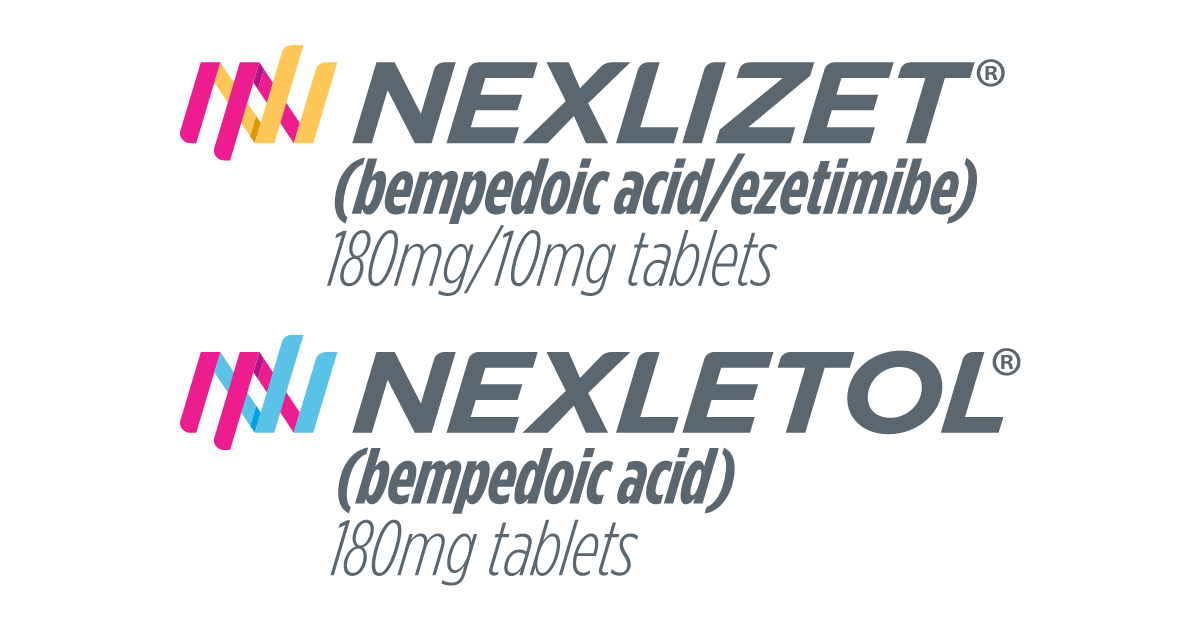I had my OxLDL level measured and it is elevated! So was hsCRP. So, despite my "perfect" modified keto diet free of any processed sugars or anything processed and tons of anti-inflammatory supplements, I am a victim of inflammation. I also have a long history of Pattern B particles, elevated TMAO, sdLDL-C, LDL-P, APOB, and Lp-PLA2 - all the bad biomarkers which contribute to that inflammation and atherogenesis. These are in addition to elevated Lp(a). I am lucky that my CAC score is as low as it is, and my CIMT was normal, probably due to my diet and exercise regimens.
It is important to test APOE to determine what genetic variant you are. I am 3/3 which is neutral as is 85% of the population, so at least I don't need to worry about SFAs
https://www.ncbi.nlm.nih.gov/pubmed/26574962
If I had to guess the reason for my dyslipidemia, other than as-yet unknown genetic predispositions, I'd blame it on chronic long-term suboptimized thyroid function (subclinical hypothyroidism). Thyroid optimization is key for lipid metabolism and affects ALL of the above, including Lp(a)
https://www.ncbi.nlm.nih.gov/pubmed/10601541. The two other major influences: your microbiome (gut) and insulin signaling. The jury is still out as whether elevated TMAO is harmful and directly impacts plaque risk. Nonetheless, it's an indication of an imbalance in the gut microbiome (too much Firmicutes bacteria which are the species mainly responsible for converting choline to TMA<TMAO which, in studies, has shown increased risk for CVD).
https://www.ncbi.nlm.nih.gov/pmc/articles/PMC5127123/
Despite that there aren't any studies showing increased risk of atherogenesis when Lp(a) is combined with all the baddy biomarkers I mentioned, I still think it best to err on the side of caution and fix what I can to minimize overall morbidity.
And to make things even more confusing, here's some evidence that refutes oxLDL as being the bad guy:
https://www.sciencedaily.com/releases/2014/09/140904121247.htm
I have just recently resumed using hi-dose extended-release niacin, starting @ 1g/day; will increase to 2g/day. Also, will be starting a new RYR supplement from a well-respected co. which is devoid of monocolin-K (statin) but has been shown in studies to be as effective (we'll see):
https://aorhealth.com/products/red-yeast-rice-with-ankascin-568-r/
I also recently started citrus Bergamot, plants sterols, Sytrinol, L-lysine and food-based vitamin C (3g/day) to help manage lipids.
Am going to add tocopherol nicotinate to the mix as it has been shown to reduce Lp(a) independent of niacin alone. Unfortunately, it is not available stateside, but from Italy, Germany, and Japan:
https://www.ncbi.nlm.nih.gov/pmc/articles/PMC5384183/
https://www.ncbi.nlm.nih.gov/pubmed/2149270
We are all experimental works in progress!
















